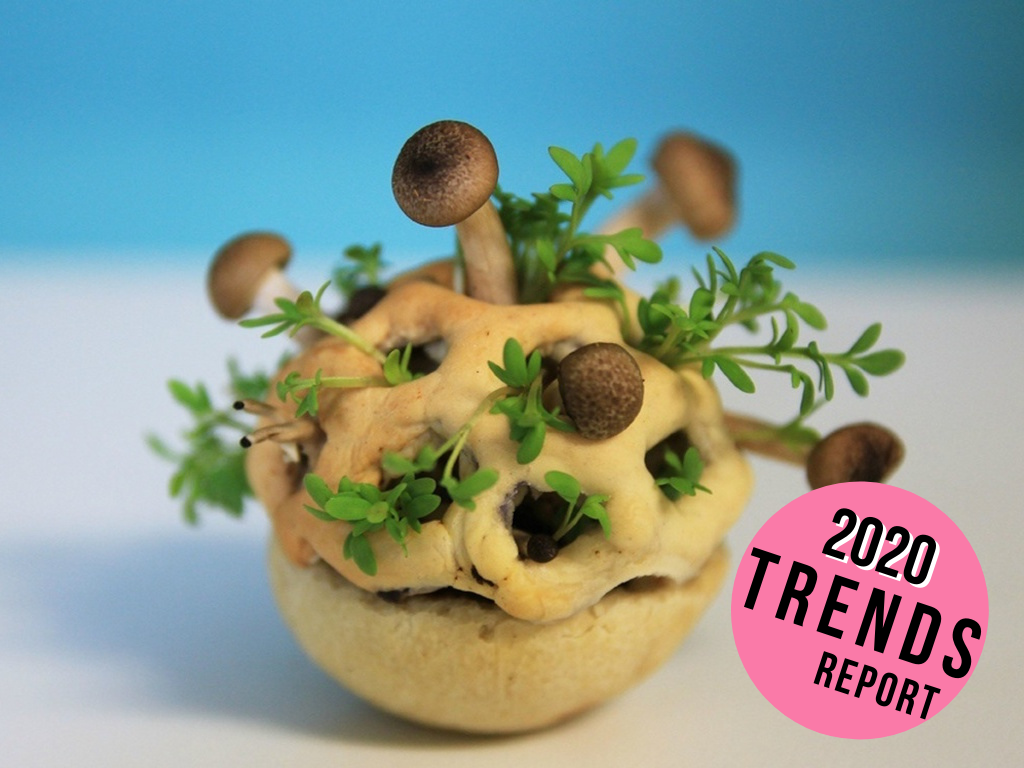2 Mins Read
Our global food system is in dire straights. Not only are experts suggesting that by 2050, our agricultural infrastructure cannot guarantee healthy and nutritionally balanced diets for the projected global population of 10 billion, food insecurity issues will only get worse as our climate crisis continues to escalate. Some of our favourite food staples are set to disappear altogether in the next decades. Faced with such impending detriment to our natural environment and human health, the world will look to climate resistant crops as a core part of our solution to the unsustainable global food system.
Right now, 75% of the global food supply comes from 12 crops and 5 animal species, despite there being over 20,000 known edible plants, according to the United Nations FAO. While last year, we saw the attention shift to plant-based diets as the “single biggest way” to reduce or global greenhouse gases, scientists from research institutes and innovative food tech startups agree that there is an extra step to be taken: we need to be expanding our agro-biodiversity will help promote a more all-rounded plant-based global food system.
We have to be shifting away from mono-culture farming, which depletes topsoil nutrients and encourages pathogen buildup, which requires the use of pesticides and other contaminants to get rid of.
Given this, the spotlight will be on climate-resistant foods across the food innovation space. Brands will incorporate climate change and crop resistance knowledge into their products, and experiment with a variety of plants that can grow in conditions of record-breaking temperatures and drought.
A number of companies are already doing this. Singapore-based NamZ, for instance, is making a sustainable and nutritionally-packed version of instant noodles with under-utilised “future fit crops” like groundnuts, lupin and moringa, which can grow on degraded land with minimal water. Indian startup Seagrass Tech, which recently joined the Brinc foodtech accelerator programme, is using seawater and non-arable tsunami affected land to grow marine microalgae, which can be used as a natural colourant in food while capturing carbon dioxide in the process. Karana is using the regionally abundant young jackfruit to create a minimally processed, whole food and vegan meat alternative that can be used for classic Asian dishes. Overall, we’re going to see a wider variety of plant foods consumed as new staple foods or incorporated into food products.
Lead image courtesy of Edible Growth.




